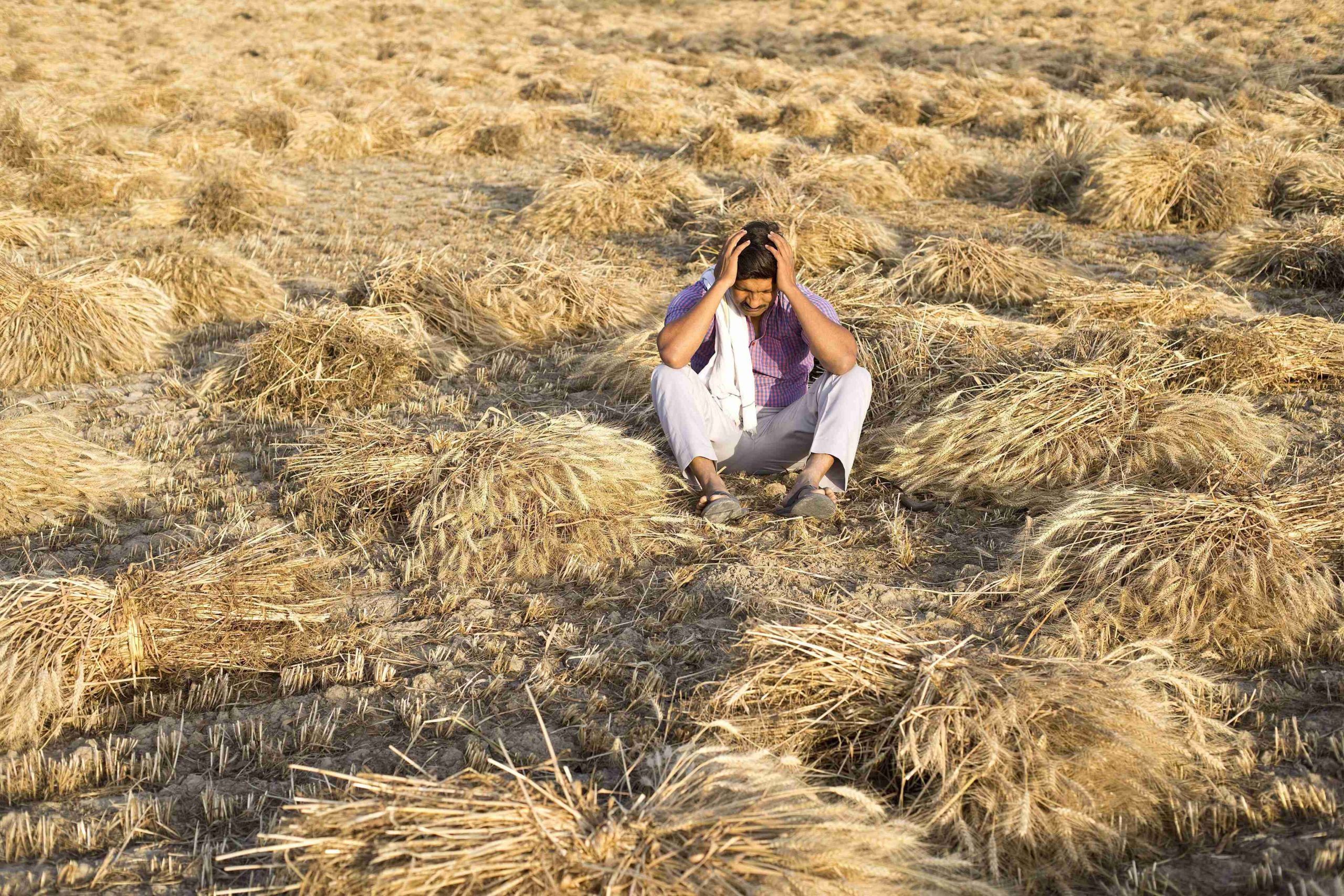- Courses
- GS Full Course 1 Year
- GS Full Course 2 Year
- GS Full Course 3 Year
- GS Full Course Till Selection
- MEP (Mains Enrichment Programme) Data, Facts
- Essay Target – 150+ Marks
- Online Program
- GS Recorded Course
- NCERT- First Ladder
- Polity
- Geography
- Economy
- Ancient, Medieval and Art & Culture AMAC
- Modern India, Post Independence & World History
- Environment
- Governance
- Science & Technology
- International Relations and Internal Security
- Disaster Management
- Ethics
- Current Affairs
- Indian Society and Social Issue
- CSAT
- 5 LAYERED ARJUNA Mentorship
- Public Administration Optional
- ABOUT US
- OUR TOPPERS
- TEST SERIES
- FREE STUDY MATERIAL
- VIDEOS
- CONTACT US
Production Of Hydrocarbons Under OLAP Bid
Production Of Hydrocarbons Under OLAP Bid
30-10-2023

Context
The Ministry of Petroleum & Natural Gas (MoPNG) has offered 8 blocks spread over 0.42 lakh sq km for exploration and production (E&P) of hydrocarbons under the Open Acreage Licensing Policy (OALP) bid round IX.
Key Points
- The government has reduced 99% of the "No Go" areas in the Indian offshore.
- Geographical areas designated as "No Go" areas are those where exploration operations are prohibited for tactical reasons.
- The blocks are distributed as follows: two in Saurashtra, two in the Assam Shelf, one in the Cambay Basin, and three in the Cauvery Basin.
- Two of the blocks are in Category-II basins with contingent resources, while the other six are in Category-I basins with proven hydrocarbon resources. Soon, there will be a notice inviting offers for these blocks in an international competitive bidding process.
- Category–I have proven hydrocarbon resources with established commercial production.
- Category–II has contingent resources that are yet to be converted to recoverable reserves and commercial production.
- Category–III have prospective resources awaiting discovery.
Open Acreage Licensing Policy (OALP)
- Under the Hydrocarbon Exploration and Licensing Policy (HELP), OALP was launched.
- By assessing exploration and production (E&P) data from the National Data Repository, OALP enables investors to select the blocks they want.
- The formal biannual bidding process would be used to offer these blocks.
Hydrocarbon Exploration and Licensing Policy (HELP)
- In order to increase oil and gas production in the Indian sedimentary basin, HELP was launched.
- It is based on the Revenue Sharing Contract model.
- For the exploration and production of hydrocarbons, including shale oil, coal-bed methane, conventional oil, and gas, it provides a single license.



